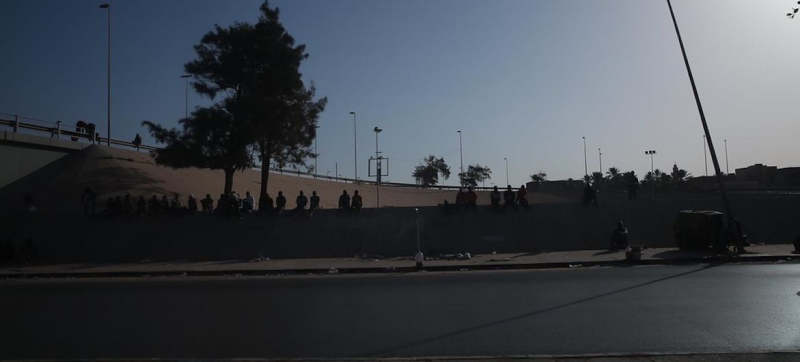- Attacks on world order, global aid hits progress on poverty |
- Bangladesh, US Begin 3-Day Talks on Tariff and Trade |
- A second Nakba?: UNRWA Commissioner-General on Gaza: |
- Flood force postponement of Cumilla Board HSC exams Thursday |
- Ensure law and order by Dec for peaceful election: CA |
UN Calls for Restraint as Libya’s Tripoli Faces Rising Tensions

Libya has been plagued by years of political deadlock and sporadic outbreaks of violence, including in the capital, Tripoli. (file photo)
With Libya once again teetering on the brink of violence, the United Nations has issued an urgent appeal for calm amid rising military tensions in and around the capital, Tripoli.
In a statement late on Wednesday (local time), the UN Support Mission in Libya (UNSMIL) expressed deep concern over ongoing reports of armed group mobilisation in densely populated areas, urging all parties to refrain from using force and inflammatory rhetoric.
“The Mission strongly urges all parties to avoid any actions or political rhetoric that could trigger escalation or lead to renewed clashes,” it said.
UNSMIL stressed that protecting civilian lives and property under international law remains a binding obligation for all political and security actors.
“Those responsible for attacks against civilians will be held accountable,” the Mission added.
The Mission reiterated its support for the implementation of security arrangements developed by the Truce and Security and Military Arrangements Committees, emphasising that “forces recently deployed in Tripoli must withdraw without delay.”
It also underscored that dialogue—not violence—remains the only viable path to achieving sustainable peace and stability in Tripoli and across Libya.
The appeal comes amid reports of military movements in the capital and renewed clashes between armed groups, reflecting the persistent volatility that has plagued Libya since the fall of former leader Muammar Gaddafi in 2011.
The country remains divided between rival administrations in the east and west, with unity efforts repeatedly stalled.
A UN-brokered ceasefire signed in 2020 raised hopes for national elections, but progress has been hampered by political deadlock and sporadic outbreaks of violence—particularly in Tripoli.
In May, clashes erupted in several districts of the capital, reportedly triggered by the killing of a prominent militia leader. The fighting, which involved heavy weaponry in densely populated areas, forced hundreds of families to flee and further strained the city’s already fragile infrastructure.

